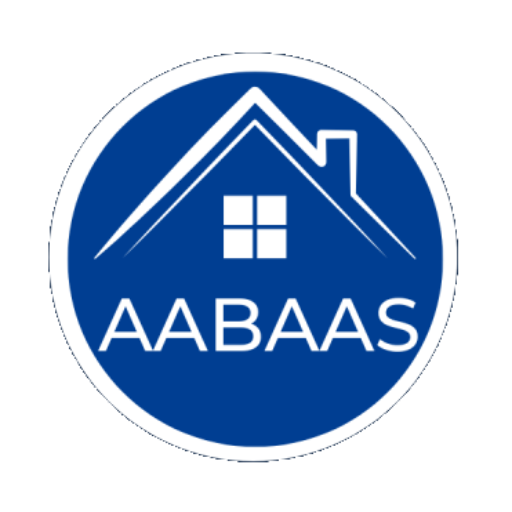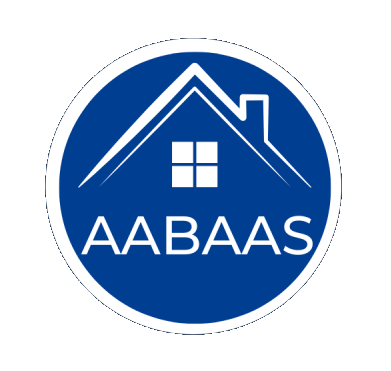franciscamanzo
franciscamanzo
Law courts in the United Kingdom are designed to ensure that justice is carried out in a fair and transparent manner.
The legal sector in Northern Ireland includes solicitors and barristers, similar to the rest of the UK. However, they are regulated by bodies specific to Northern Ireland, such as the Law Society of Northern Ireland and the Bar of Northern Ireland.
In civil law, County Courts in Wales hear matters such as debt claims, personal injury, breach of contract, and housing disputes. More complex or high-value cases may be escalated to the High Court of Justice, which also has sittings in Wales, particularly in Cardiff.
At the base level of the court system is the District Court. It deals with summary offences, as well as small civil claims, family law matters, and licensing issues. The District Court operates in various local venues throughout the country and is usually presided over by a single judge. Its decisions can be appealed to the Circuit Court.
The High Court has full original jurisdiction, meaning it can hear any case, civil or criminal, that does not fall under the exclusive jurisdiction of another court. It deals with serious civil cases, judicial reviews, constitutional issues, and appeals from the lower courts. It also sits as the Central Criminal Court when dealing with the most serious criminal offences, such as murder and rape.
Tribunals play a significant role in Scottish law as well. They handle specific areas such as immigration, housing, and employment disputes. While separate from the mainstream court system, tribunals offer a more informal, accessible route for individuals to seek resolution in administrative matters.
Debates around the role of the Supreme Court and devolution continue, particularly as Scotland navigates questions around independence, human rights, and legislative autonomy. The Scottish Parliament also has the power to create new laws in devolved areas, which means Scottish courts may interpret and enforce statutes differently from their counterparts in England and Wales.
 Beyond the physical courtrooms, UK law courts are also equipped with a range of support facilities to enhance the efficiency of legal proceedings. For example, most courts now have digital filing systems, allowing legal documents to be submitted electronically, reducing the need for paper-based processes. This system speeds up the court process and helps ensure that the court’s resources are used more efficiently.
Beyond the physical courtrooms, UK law courts are also equipped with a range of support facilities to enhance the efficiency of legal proceedings. For example, most courts now have digital filing systems, allowing legal documents to be submitted electronically, reducing the need for paper-based processes. This system speeds up the court process and helps ensure that the court’s resources are used more efficiently.
The Lord Chief Justice of Northern Ireland is the head of the judiciary and is responsible for ensuring the efficient operation of the courts and upholding judicial standards. The judiciary plays a critical role in maintaining public trust and enforcing the rule of law.
Legal education in Northern Ireland is offered through institutions such as Queen’s University Belfast and Ulster University. If you have any questions regarding where and the best ways to make use of Indiana law firm marketing, you can call us at our webpage. These universities provide specialised legal training with a focus on both UK-wide and Northern Ireland-specific law.
Justice of the Peace Courts are managed by lay magistrates—non-legally trained volunteers—who deal with less serious crimes, such as petty theft. They can impose fines and short custodial sentences, but their powers are limited.
Northern Ireland also has a network of tribunals that deal with administrative law matters, such as employment, mental health, social security, and immigration appeals. These tribunals provide a less formal setting and are often quicker and more accessible than traditional court proceedings.
In conclusion, the judicial system of Northern Ireland represent a robust and evolving part of the UK’s justice framework. While closely tied to the broader UK legal system, Northern Ireland’s courts maintain their own procedures, legislation, and judicial oversight, reflecting the region’s unique identity.
Legal training in Scotland differs slightly from the rest of the UK. To become a solicitor or advocate (the Scottish equivalent of a barrister), individuals must complete a qualifying law degree followed by the Diploma in Professional Legal Practice and a period of supervised training. Advocates are members of the Faculty of Advocates and have rights of audience in the higher courts.
The impartiality of Northern Irish courts is safeguarded by both local institutions and the broader UK framework. Judges are appointed by the Northern Ireland Judicial Appointments Commission and are expected to be neutral and unbiased, especially given the region’s complex political history.
In addition to providing access to the disabled, law courts in the UK are also designed to meet the needs of vulnerable individuals. This includes facilities to support victims of crime, witnesses, and those involved in family disputes. For example, many family courts have separate waiting areas for children or victims of domestic abuse to ensure they feel safe and comfortable during proceedings. Some courts also have facilities such as video link systems, where vulnerable witnesses can give their testimony from a secure location, reducing the stress of appearing in court.



